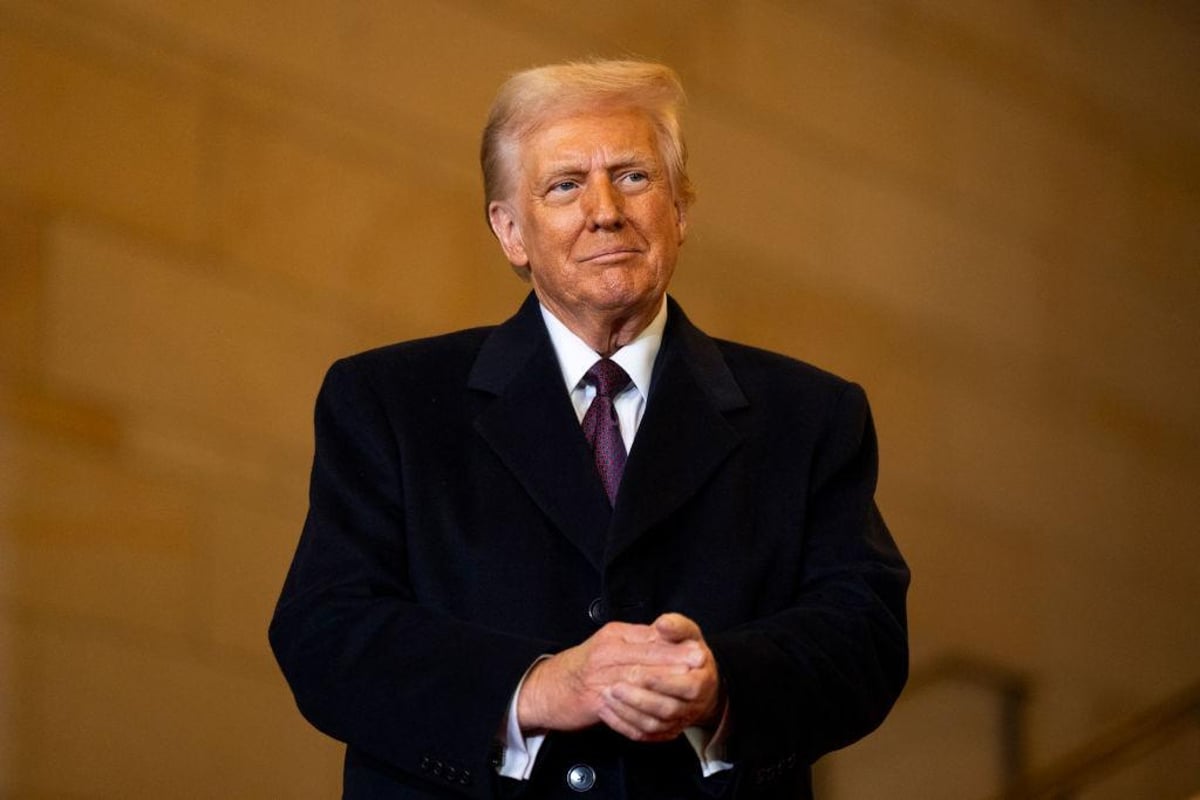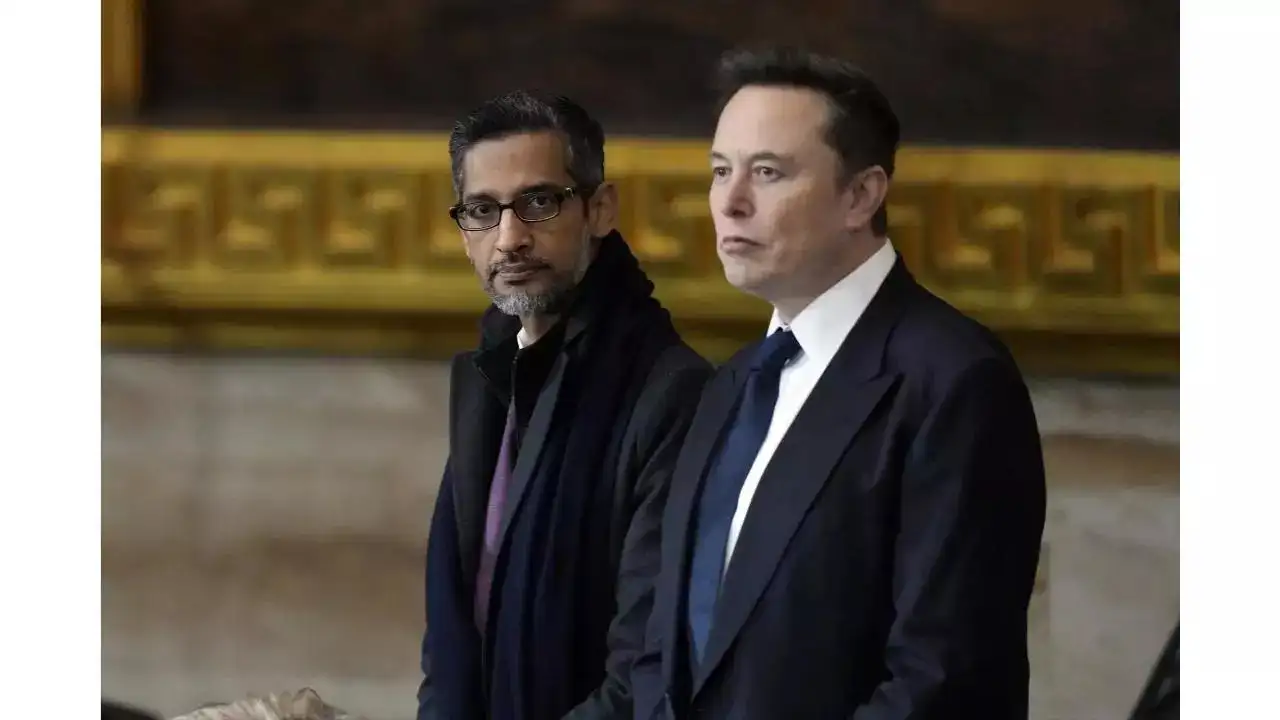Copyright newsletter

A former advisor to Donald Trump has heaped criticism on the Republic of Ireland over its stance on Israel and "increasingly activist foreign policy" - something which departs from "everything the Trump administration stands for". The comments from Robert C. O’Brien, a US National Security Advisor from 2019 to 2021, come in the foreword to a report from the right-wing think-tank Policy Exchange, published today. The report sets out the case for the possibility that Irish prowess on the international stage has now passed its "peak". Mr O'Brien's foreword opens with a historical swipe, saying that Ireland's "privileged status in Washington, DC" has served the country well ever since the time it "sat out the fight against fascism" in World War Two. But he adds that now, under Donald Trump, "the US relationship with Ireland is coming under unprecedented scrutiny". "The Trump administration and the American people expect better burden sharing from our allies and partners," he writes. "Much of Europe is stepping up, but Ireland contributes almost nothing to the defence of the Atlantic and European regions from which it benefits so much. "The Trump administration seeks to bring back jobs and production in critical sectors to the United States. "But Ireland, a low-tax haven for international business, has gained a huge advantage for its own economy by offering sweetheart tax deals for American tech and pharmaceutical companies to leave our shores for theirs. "All the while, despite its professed neutrality, Ireland pursues an increasingly activist foreign policy that is marked by its divergence from everything the Trump administration stands for, particularly in the Middle East. "Ireland is at the forefront of allegations of genocide against Israel and is historically among the most hostile nations towards Israel in the Western world. "Meanwhile, just as it seeks US investment, it cosies up to China with apparently no concern for China’s human rights record." He concludes: "Friday’s presidential election, won by a far-left, anti-American candidate, could well be a moment of truth." Mr O'Brien praises the contents of the Policy Exchange report, which – among other things – asserts that "challenges to the very basis of the Irish 'economic miracle' are stacking up fast". The report (authored by Harry Halem, senior research fellow in Policy Exchange's National Security Unit) goes on to say: "President Trump’s economic policy of re-shoring key industries and reducing trade deficits with partners and hostile states alike threatens the foundations of this model… "This comes on top of growing scrutiny in Brussels of the Irish economic model, as the RoI is accused of undercutting the tax regimes of other states to attract tech and other companies to establish their regional headquarters in Dublin." Among the figures cited in the report is that "10 American companies represented 60% of the RoI’s corporate tax revenue", with the only European states offering a lower rate than the Republic's 12.5% being Bulgaria and Hungary (10% and 9%, respectively). The report describes Ireland as "a freeloader off the security umbrella provided by the US, the UK, and other European states – spending scarcely over 0.2% of GDP on defence and foregoing NATO membership" (the UK's rate is about 2.3%, set to rise to 3.5% by 2035). It also says that, amid all of this, the country's "misalignment with key US foreign policy objectives is drawing the ire of both Republicans and Democrats" alike. "Ireland is politically trapped in a cycle of greater foreign policy activism at the exact moment that its economic interests would suggest the need for more caution," it adds. While the theory of "Peak China" - that is, the idea that Beijing reached the height of its economic power and influence in 2021 - is well-known, "we might also ask whether we have also now reached ‘Peak Ireland’?"



